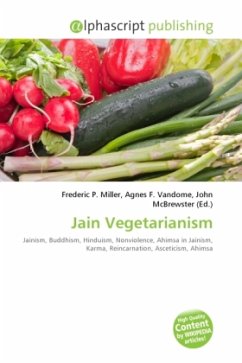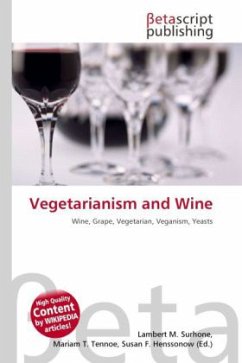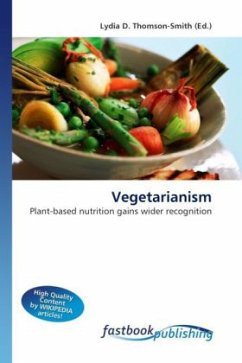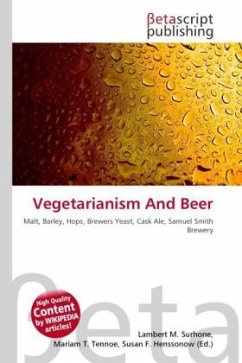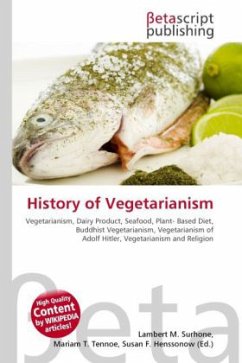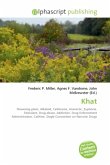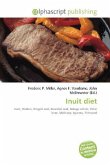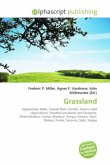Jain vegetarianism is the diet of the Jains, the followers of Jainism. It is the most radical form of religiously-motivated diet regulation in the Indian subcontinent. Like in Hinduism and Buddhism, Jain objections to the eating of meat and fish are based on the principle of nonviolence (ahimsa, literally "non-injuring"). Every act by which a person directly or indirectly supports killing or injury is seen as violence (himsa), which creates harmful karma. The aim of ahimsa is to prevent the accumulation of such karma. The extent to which this intention is put into effect varies greatly among Hindus, Buddhists and Jains. Jains consider nonviolence to be the most essential religious duty for everyone It is an indispensable condition for liberation from the cycle of reincarnation, which is the ultimate goal of all Jain activities. Jains share this goal with Hindus and Buddhists, but their approach is particularly rigorous and comprehensive. Their scrupulous and thorough way of applying nonviolence to everyday activities, and especially to food, shapes their entire lives and is the most significant hallmark of Jain identity.
Bitte wählen Sie Ihr Anliegen aus.
Rechnungen
Retourenschein anfordern
Bestellstatus
Storno

